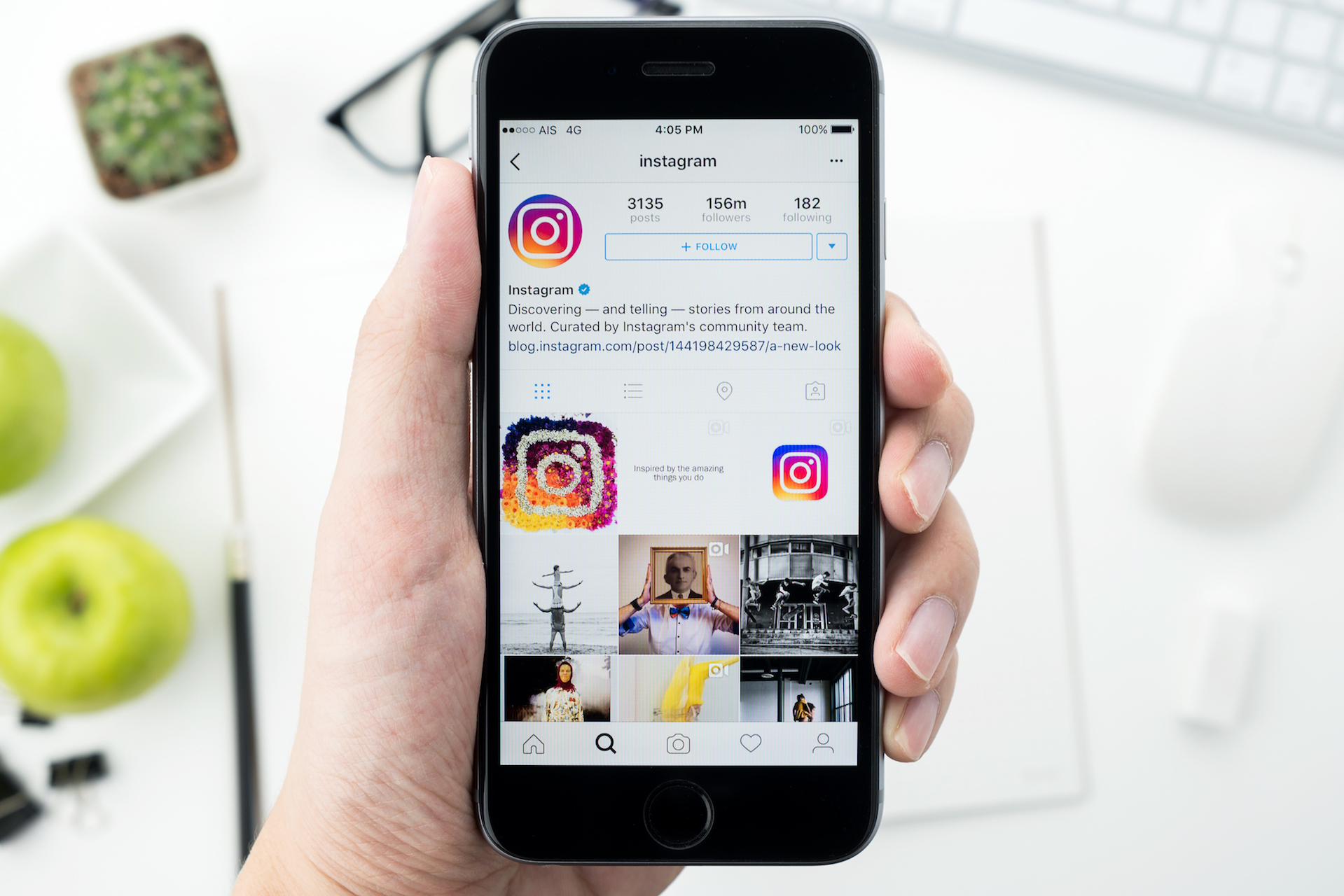
The risk of researching cosmetic surgery on Instagram
With the takeover of social media as a major outlet for news and information these days, it’s not surprising that it has become the leading destination for consumers to seek out information about plastic surgery. This is especially true of young people, many of whom are looking to improve their appearance for these social media platforms, such as Instagram and Snapchat. However, a recent study from Northwestern Medicine has found that the majority of providers advertising cosmetic surgery services on Instagram are actually not board certified-plastic surgeons.
“This is a very scary finding,” says Robert Dorfman, first author of the study and a medical student at Northwestern University Feinberg School of Medicine. “Providers – ranging from physicians who are not licensed in plastic surgery to dentists, hair salon employees and barbers – are doing procedures for which they do not have formal or extensive training. That’s extremely dangerous for the patient.”
A board-certified plastic surgeon is a physician who has over six years of surgical training and at least three years specifically dedicated to plastic surgery. Many plastic surgeons also specialize within the plastic surgery discipline. Despite this, many hair salons, dentists, barbers and spas are marketing plastic surgery procedures on Instagram, even though they have no physician with the necessary experience.
“A cosmetic surgeon is not necessarily the same thing as a board certified plastic surgeon, and patients need to be made aware of this,” says Dorfman.
Someone who calls themselves a “cosmetic surgeon” could have experience ranging from one-year of cosmetic surgery fellowship to just a few short weekend courses covering cosmetic surgery topics.
The study’s authors believe that the confusing marketing on social media is putting patients at risk of physical harm and even death. A prior study done by Dr. John Kim, a Northwestern Medicine plastic surgeon, found a nearly 300 percent increase in the number of complications from a specific surgery when it was performed by non-plastic surgeons compared to board-certified surgeons.
This new study from Northwestern Medicine analyzed the types of providers marketing cosmetic surgical procedures and used popular hashtags to identify related posts. From the top 189 posts with these hashtags, less than 20 percent of the providers had plastic surgeons eligible for membership in ASAPS. Non-eligible physicians made up over 26 percent. Just over 5 percent of the top posts were from non-physicians, including dentists, spas with no associated physicians, and even a hair salon. The rests of the posts were mostly self-promotional or educational.
“As patients increasingly rely on social media to choose their provider, it is critical to understand the ecosystem of online platforms available to patients,” says Dr. Clark Schierle, a plastic surgeon at Northwestern Medicine. “It is critical that board-certified plastic surgeons use social media like Instagram as a platform to educate patients about the risks of surgery.”
—
By Connor Ertz, Earth.com Staff Writer













